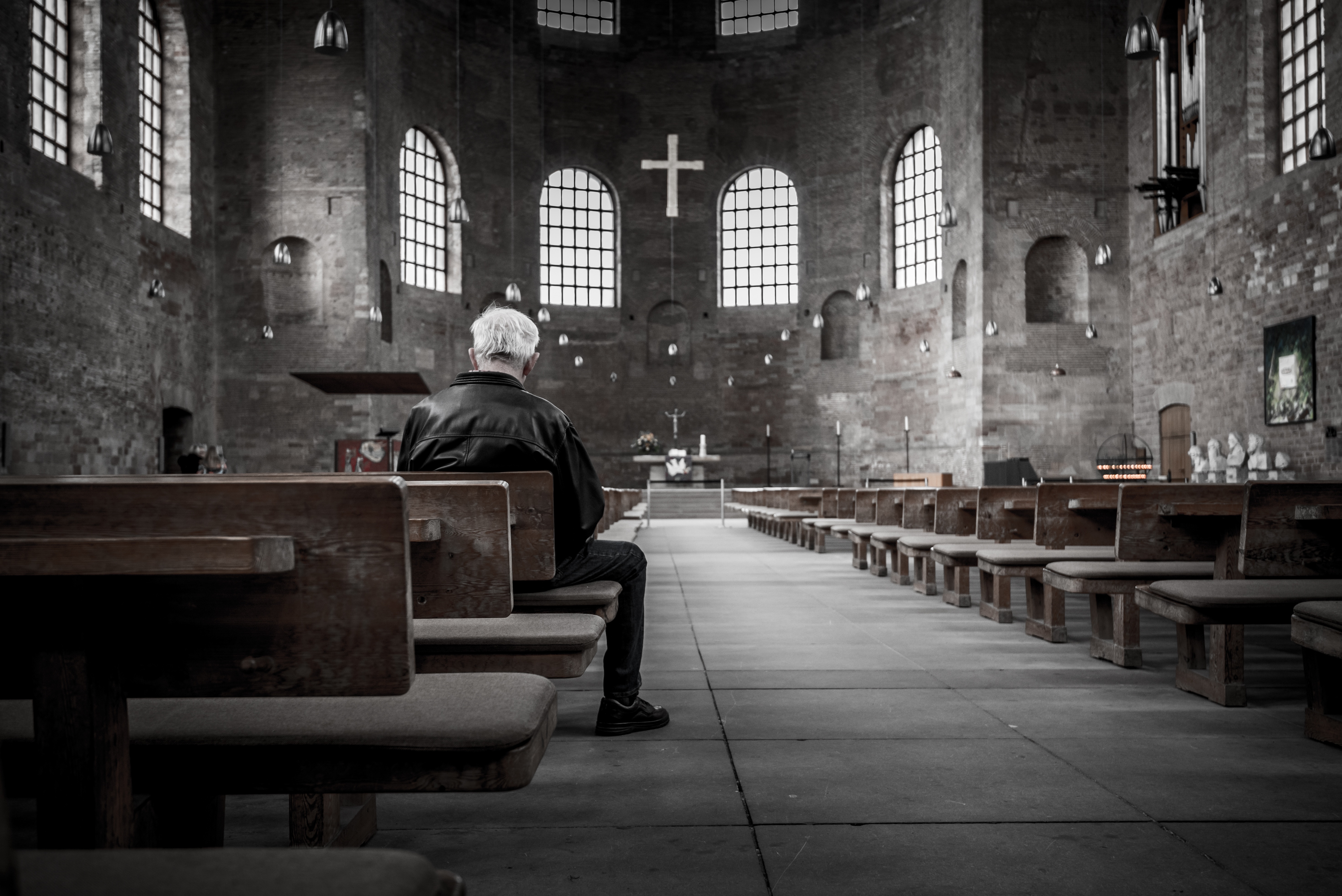back to journal

A Year Through the Gospels: Week 8
March 3, 2016
Darryl Sluka
This is the eighth installment in a yearlong series. You can find the previous installments here.
John 9:27–34
““I already told you,” he said, “and you didn’t listen. Why do you want to hear it again? You don’t want to become His disciples too, do you?”
They ridiculed him: “You’re that man’s disciple, but we’re Moses’ disciples. We know that God has spoken to Moses. But this man—we don’t know where He’s from!”
“This is an amazing thing,” the man told them. “You don’t know where He is from, yet He opened my eyes! We know that God doesn’t listen to sinners, but if anyone is God-fearing and does His will, He listens to him.Throughout history no one has ever heard of someone opening the eyes of a person born blind.If this man were not from God, He wouldn’t be able to do anything.”
“You were born entirely in sin,” they replied, “and are you trying to teach us?” Then they threw him out.”
The wisdom and understanding of the man born blind is astounding. He knew that Jesus must be from God because only the power of God is able to make broken eyes see. He delivers one of the most powerful testimonies about Jesus to the religious leaders, and they still refuse to believe in Him; furthermore, they actually ridicule this man for his faith. The Pharisees claim they listen to Moses instead of Jesus because they know Moses was sent from God, but they are not sure where Jesus comes from. Yet Jesus tells them multiple times that they are not following the Mosaic Law:
“Do not think that I will accuse you to the Father. Your accuser is Moses, on whom you have set your hope. For if you believed Moses, you would believe Me, because he wrote about Me.”
(John 5:45–46 HCSB)
“Didn’t Moses give you the law? Yet none of you keeps the law! Why do you want to kill Me?””
(John 7:19 HCSB)
The Pharisees disobeyed the Mosaic Law when they began prioritizing certain laws over other laws based on their convenience and traditions (Matthew 15:3-9). They were no longer faithful adherents to the Mosaic Law, and, therefore, they were not faithful disciples of Moses. The reason they claimed to be disciples of Moses was because Moses was not alive an capable of rebuking them.
John 14:3–6
“If I go away and prepare a place for you, I will come back and receive you to Myself, so that where I am you may be also.You know the way to where I am going.”
“Lord,” Thomas said, “we don’t know where You’re going. How can we know the way?”
Jesus told him, “I am the way, the truth, and the life. No one comes to the Father except through Me.”
Christ tells them that they cannot follow Him now, but they will follow Him soon. Thomas asks how they will follow Him if they do not know where He is going, and Jesus tells them that they will come to Him through Him. Christ is the Way, the Truth, and the Life. He is the means by which we follow Him. We follow Him, and He brings us to Himself. We cannot follow Him immediately into heaven because we must fulfill the work He has for us here. Imagine if the disciples ascended into heaven with Christ after the resurrection. What would have become of our religion? Would it have survived? The disciples did not understand why they could not follow Christ at the time because they did not know what was to become of Him and the world after His atonement was complete. They did no know they would transition from followers of Christ to leaders to Christ.